David Cronenberg is unrivaled when it comes to body horror. Simply, he is king. It’s not that he just produces some of the most disturbing imagery in the business regarding the forms and shapes our bodies take whenever biological shifts in society occur. It’s that they always point to a confrontational vision of humanity that suggests our development is on a one-way street towards monstrosity. Cronenberg isn’t out to merely gross audiences out. He wants them to reckon with the idea that things like human evolution, power, and perfection are never meant to produce more aesthetically pleasing versions of ourselves. Instead, they’re ugly and messy processes that almost always result in traditionally unappealing physical transformations.
Starting on April 1st, The Criterion Channel will offer fans and newcomers alike the chance to explore some of Cronenberg’s most daring work with a Director’s Spotlight that will also serve to further hype his newest film The Shrouds (which will release on April 25th nationwide). The movies that will be featured in the spotlight include Stereo (1969), Crimes of the Future (1970), Rabid (1977), The Brood (1979), Fast Company (1979), Scanners (1981), and Dead Ringers (1988).
For those not entirely well-versed in Cronenberg, the collection is a good education on the ways in which the director bends body horror to his will to tell stories that require uniquely different approaches to the human body. In The Brood, childbirth and motherhood present a strange kind of symbiosis that sees newborns become parasitic vampires that require their parent remain in close physical proximity to them. In a sense, it’s about the little monsters we breed, but on a deeper level it’s also about how birthing monsters requires parents also give up a part of their own biological integrity in the process.
This doesn’t even compare to how body horror plays out in Dead Ringers, in which twin gynecologists take advantage of their identical looks to intrinsically violate their patients’ trust and bodily privacy. Here, the body hides the monster beneath normalcy. Nothing outwardly disfigured or weirdly angled gives them away. The monster’s invisible, to an extent. And yet, it’s the doppelganger-like quality of the twins and their relationship that nurtures the body horror in this case, showcasing that versality I alluded to earlier regarding Cronenberg’s ability to use different aspects of the subgenre’s language to craft distinct narratives.
Cronenberg’s newest movie, The Shrouds, centers on death and our relationship with the corpses of our loved ones as it pertains to grief. A widowed entrepreneur creates a machine that lets people see and communicate with the recently deceased. The invention is called The Shroud and everything points to it creating a new existential problem that compromises the process of acceptance. Yet another version of body horror that’s more about how our connection to the human body changes after death and what we’re willing to entertain to resists those changes, even if it means questioning the very concept of life and its stubborn guarantees on expiration.
The Criterion Channel has proven to be more than capable in putting together collections that honor the subjects’ complexities and stylistic variations. They recently did it with David Lynch after his passing, and they continue to do it with genres and thematic offerings. With Cronenberg, viewers are getting a very precise look at origins and classics. Fans will be reminded why the director is a true master of body horror while newcomers will potentially find a new favorite director to obsess over.


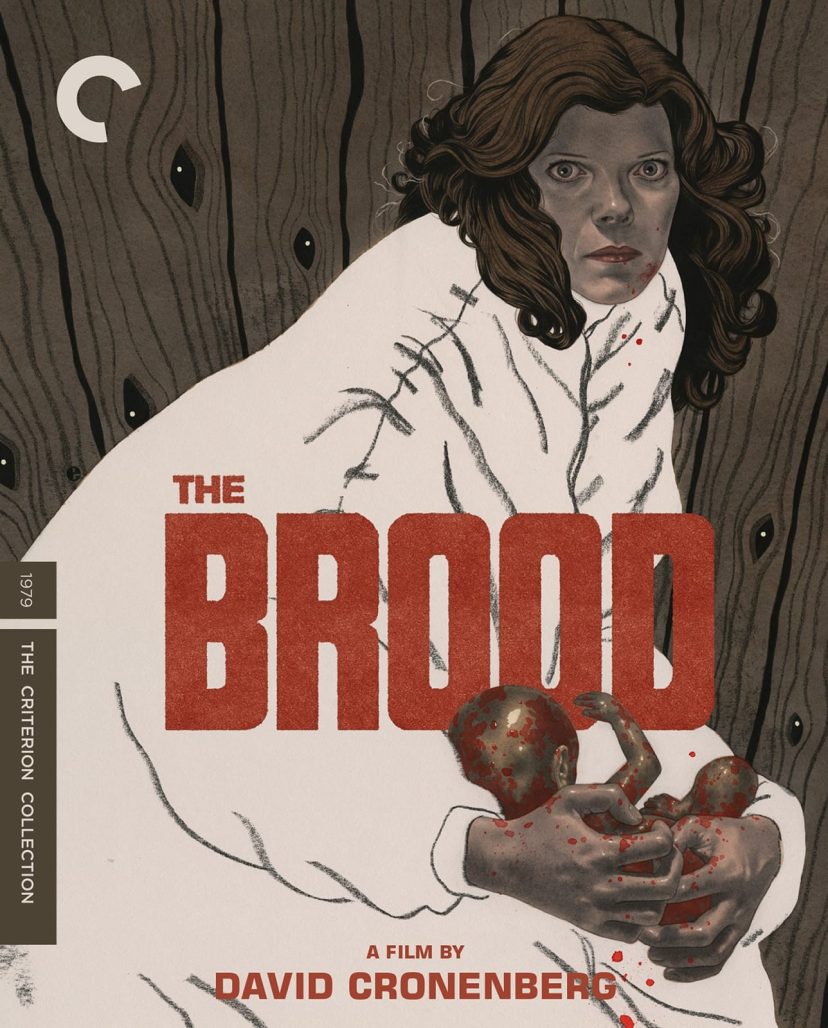



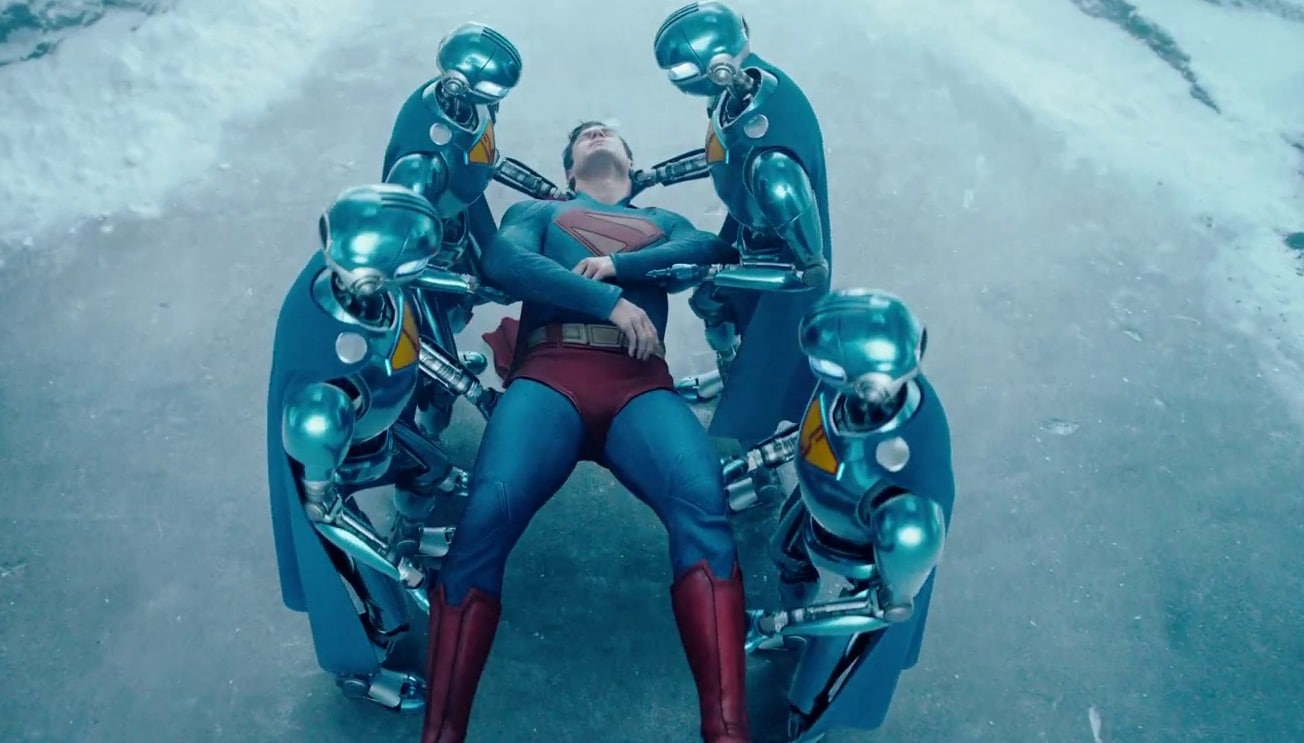

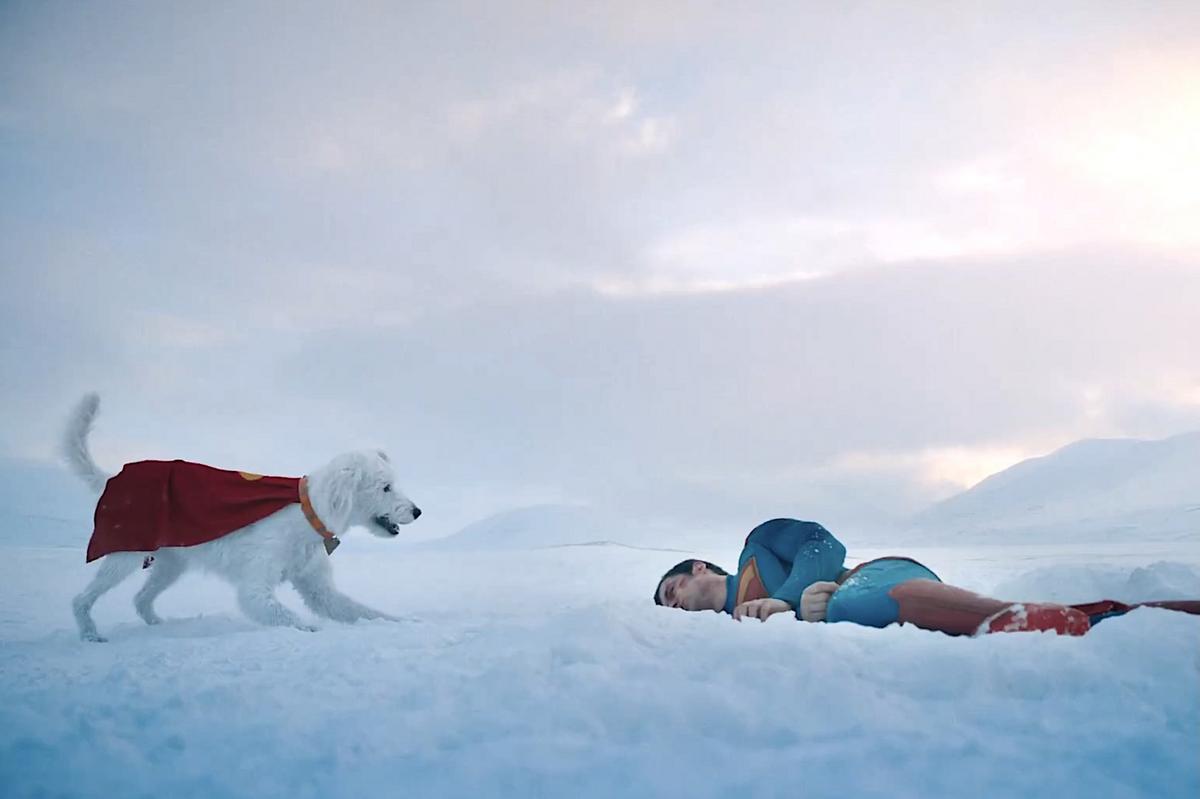

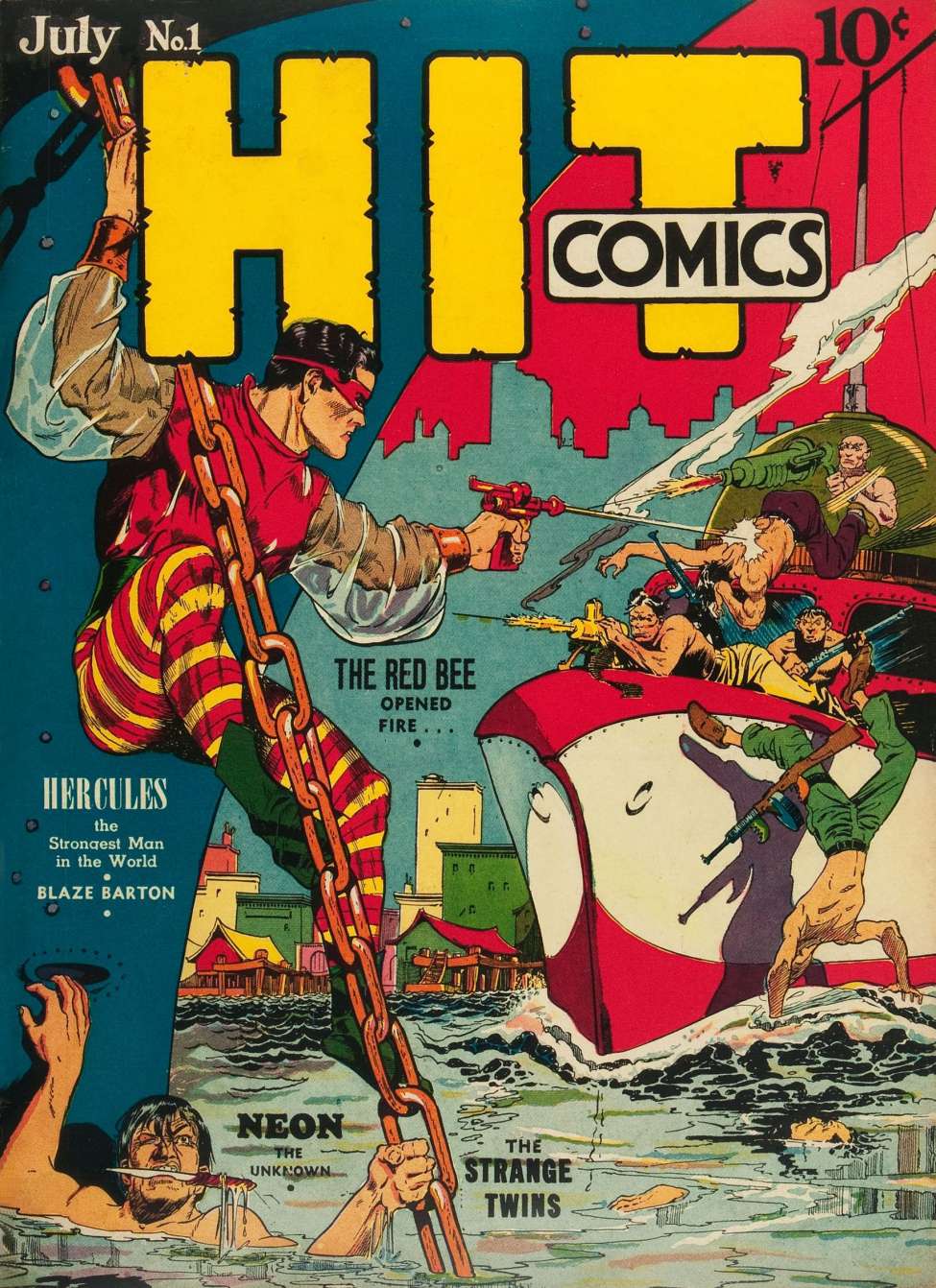

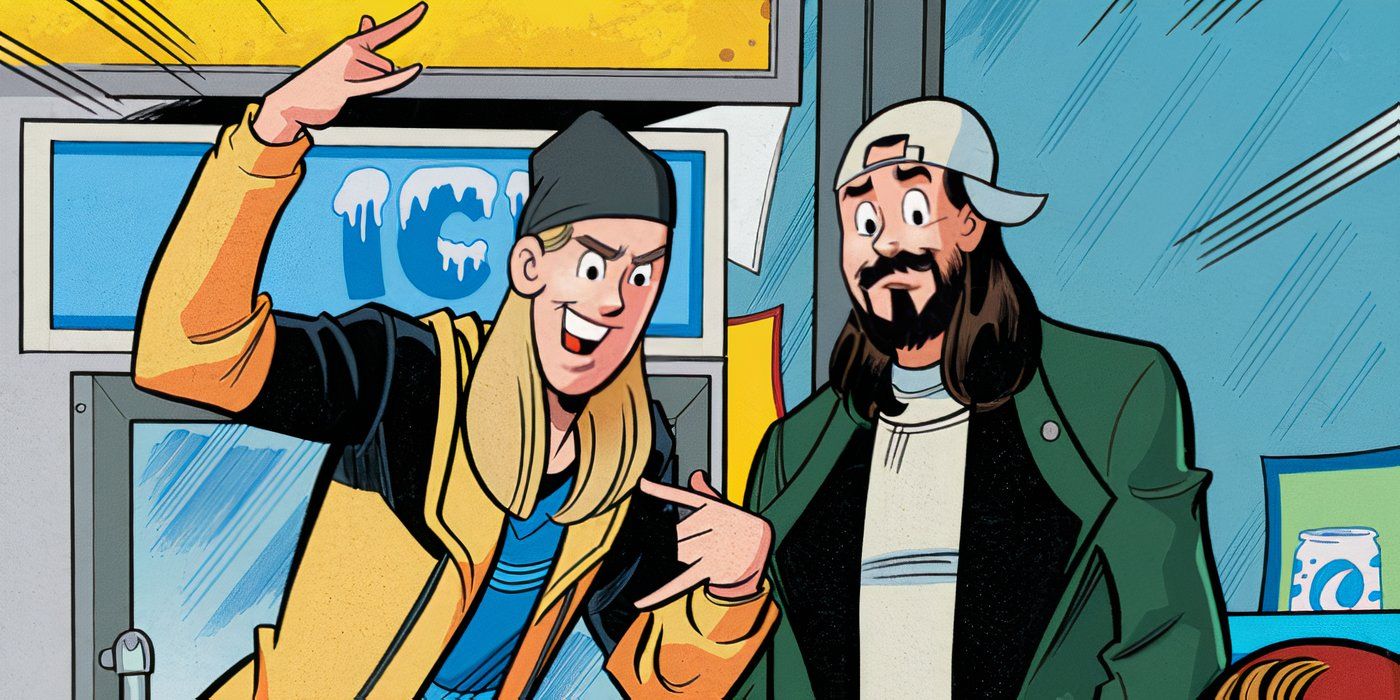


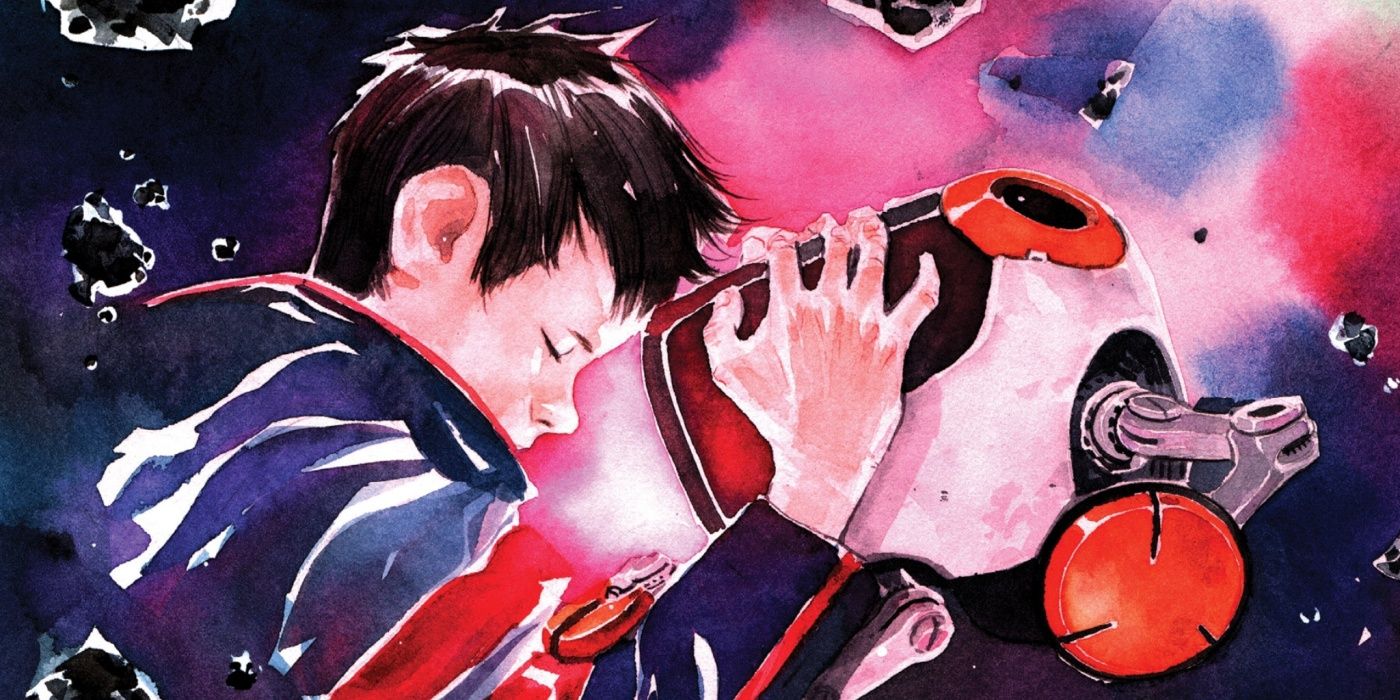

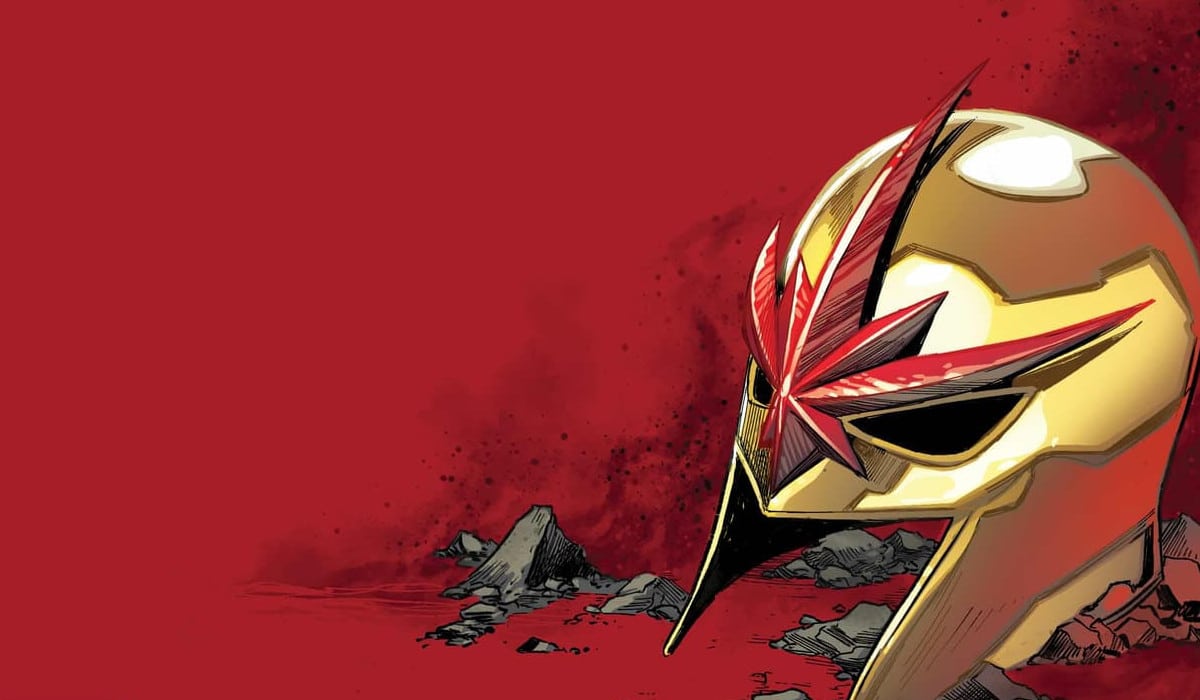
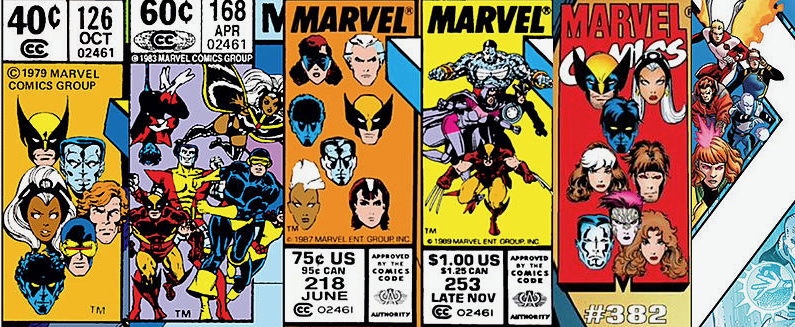


 English (US) ·
English (US) ·